No products in the cart.
How to get certified as a Scuba Diver
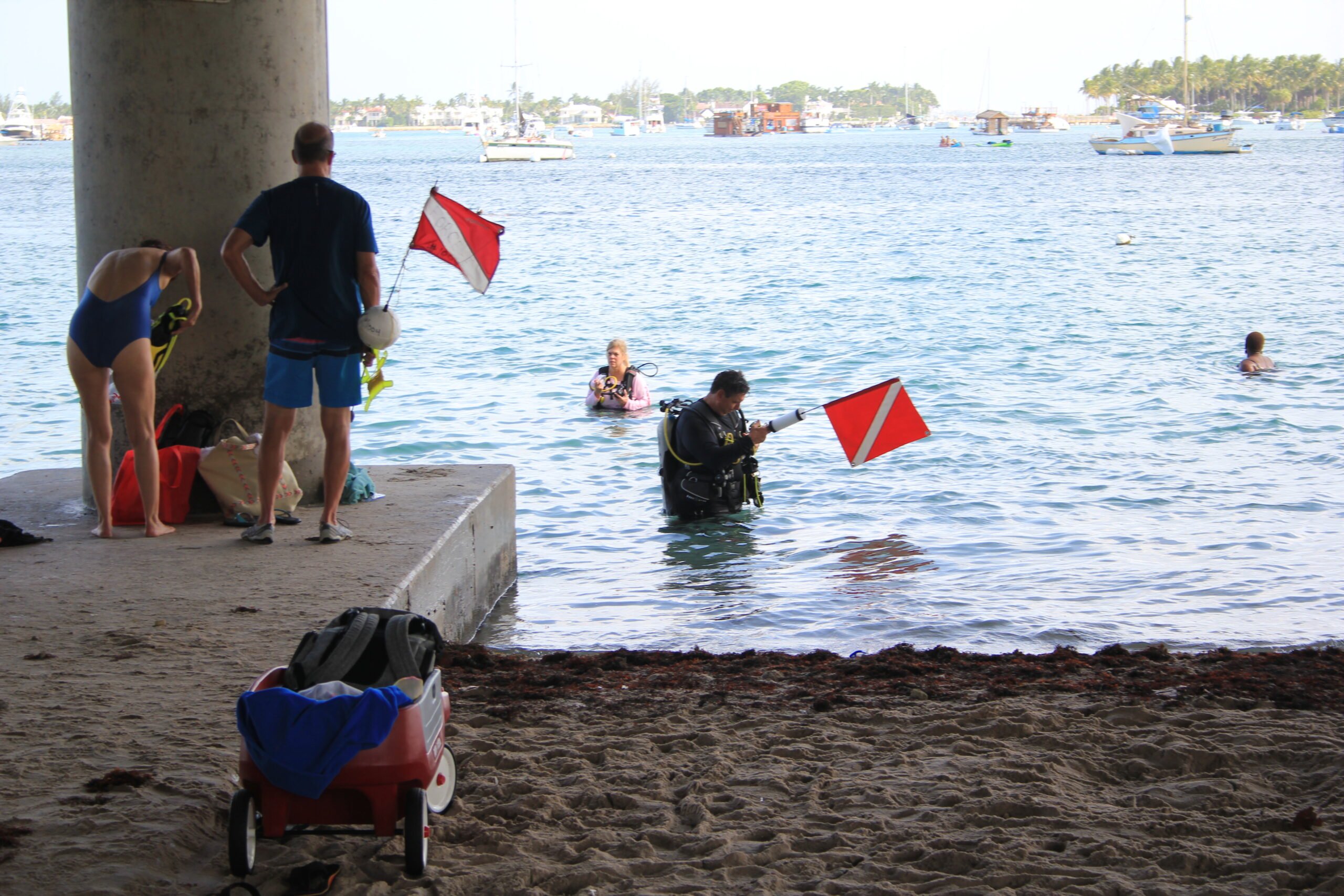
Scuba diving certification opens the door to a breathtaking world, from vibrant coral reefs teeming with life to mysterious shipwrecks shrouded in history. But before you take the plunge (literally!), getting certified requires some planning and preparation.
This guide will help you navigate the exciting path to becoming a certified diver. In it, we’ll break down the essentials, from finding the perfect instructor for you, to understanding everything that the course entails. Buckle up, future aquanaut, and let’s explore the thrilling world of scuba diving certification!
Why Get Certified to Scuba Dive?
Forget landlubber workouts and crowded gyms. Imagine weightlessness, where every breath unleashes the beauty of the world beneath the waves. That’s the magic of scuba diving.l It is a passport to a hidden world only certified divers can access.
Sure, there’s no underwater police force checking credentials. But responsible dive centers prioritize safety above all else. They understand the inherent risks and the value of proper training. Renting gear or joining a guided dive without certification becomes a gamble, potentially putting yourself and others at risk. Think of it like skydiving without lessons – the thrill might be there, but the peace of mind is gone.
But certification isn’t just about avoiding awkward encounters with “scuba police.” It’s your key to unlocking an underwater wonderland. Picture this:
- Soaring weightlessly
Imagine gliding through crystal-clear, gin-colored water, sunlight dappling vibrant coral reefs teeming with exotic fish. Every breath is a silent conversation with a world unlike any other. - Reaching hidden gems
Dive sites are often off-limits to casual swimmers. With certification, you gain access to shipwrecks, underwater caves, and hidden coves teeming with unique marine life. - Joining a global community
Scuba diving connects you to a worldwide network of passionate adventurers. Share stories, explore new dive sites together, and forge friendships that transcend borders. - Boosting your confidence
Mastering new skills and conquering fears is empowering. Certification builds self-reliance, problem-solving skills, and a newfound appreciation for the underwater world’s beauty and fragility.
So, while you might technically slip into the water uncertified, remember: true exploration, safety, and the full spectrum of diving’s magic are unlocked by proper training. It’s an investment in unforgettable experiences, lifelong skills, and memories that will stay with you long after you surface.
Taking That First Step to Get Certified as a Scuba Diver
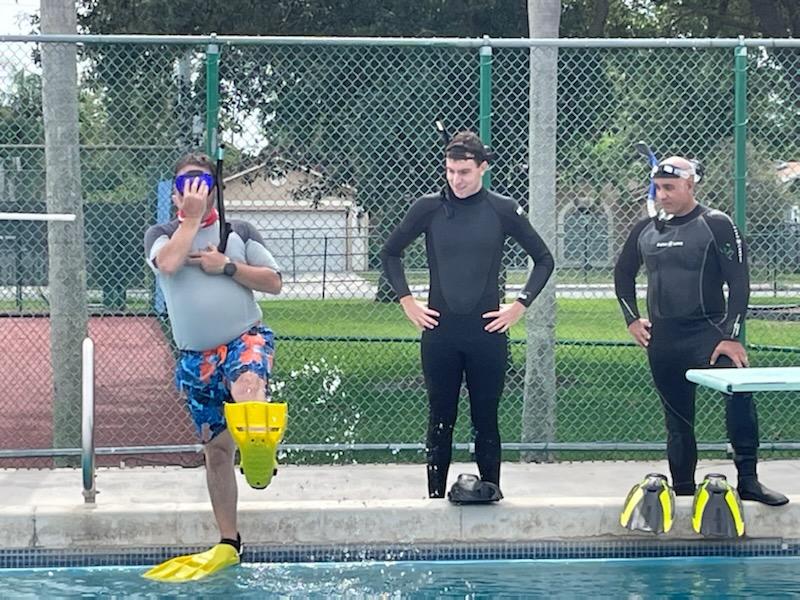
Alright, aspiring aquanaut, it’s time to gear up for the exciting part: your scuba diving certification journey! But before you plunge headfirst into the deep blue, remember – choosing the right instructor or dive center is like picking your travel buddy for an underwater adventure. You want someone you trust, someone who makes you feel safe and excited, not someone who just gives you the cheapest “get certified quick” deal.
Here’s why the “dive shop down the street with the discount flyer” might not be your best bet:
Trust Matters
Scuba diving involves inherent risks, so feeling comfortable with your instructor is paramount. Visit the dive center, chat with the staff, and ask questions! Do they answer patiently and thoroughly? Do they seem professional and experienced? If you get a fishy feeling (pun intended!), swim on and explore other options.
Comfort is Key
Imagine feeling nervous or unsure during your training. Not exactly the recipe for underwater Zen, right? Choose an instructor or dive center that fosters a relaxed and supportive environment. Do they seem patient and encouraging? Do they cater to individual learning styles?
What is usually included in your scuba diving certification class?
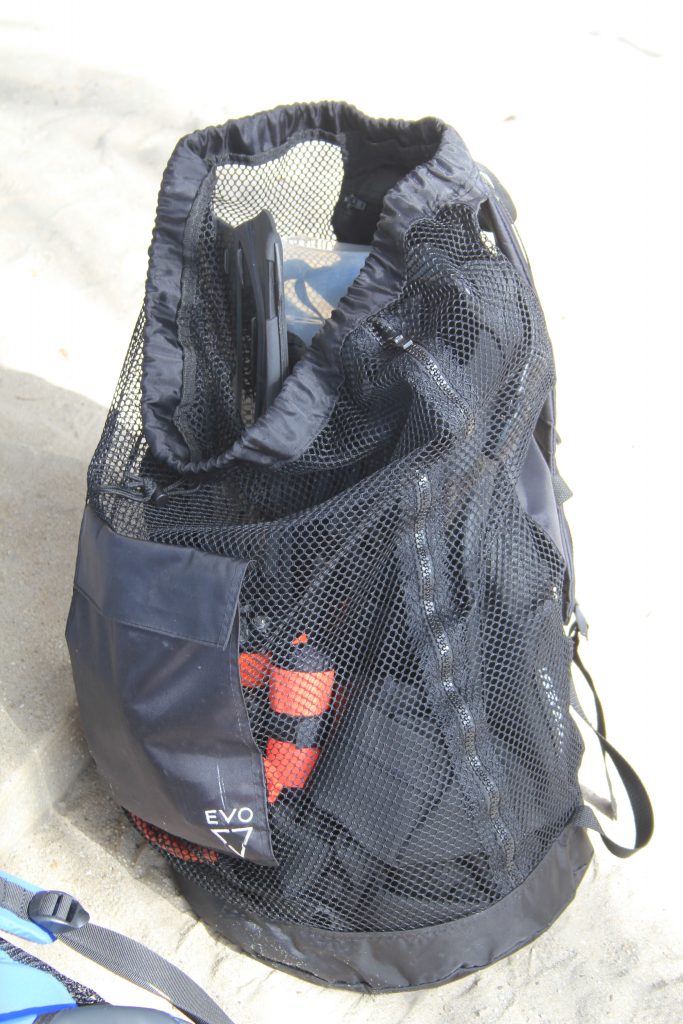
So you’re ready to take the plunge (figuratively, of course) and invest in your scuba diving certification. But before you drop anchor, let’s navigate the sometimes murky waters of what’s included in those training fees. Trust me, understanding the gear situation can save you underwater headaches (and unnecessary expenses!).
First things first: dives require gear. Duh, right? But the key question is: who provides what? Dive centers have different policies, so here’s what to ask:
- Is equipment included in the course price? Does it cover everything, or are there additional fees for specific items?
- Are tanks (those magical cylinders filled with the breath of life) part of the deal, or do you need to pay extra?
- Does the course require you to purchase any personal gear like a mask, fins, or booties? Be prepared for these upfront costs.
Now, let’s dive into the usual suspects:
Included Gear (most dive centers)
- Buoyancy Control Device (BCD)
- Regulator
- Weights
- Tanks
- Wetsuit
Possible Extras (check with your dive center)
- Mask
- Snorkel
- Fins
- Boots (If needed for the fins)
Bonus Perks (not always included)
- Learning Materials
- Logbook
- Additional Boat DIves
Remember, price isn’t everything, but it’s a piece of the puzzle. While comparing costs, prioritize comfort and trust with your instructor. A positive learning environment is worth its weight in gold (or should I say, coral?).
Scuba Diving Certification Class Structure
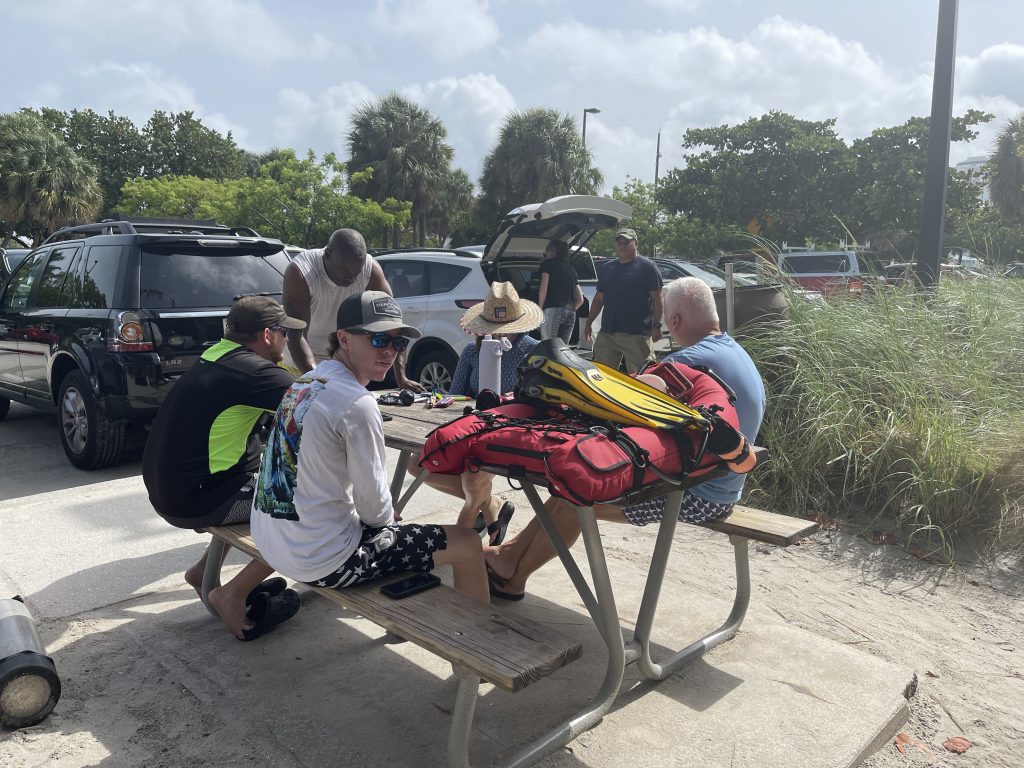
So, you’ve taken the plunge (metaphorically, for now) and signed up for your scuba diving certification! But what awaits you in the classroom, pool, and eventually, the breathtaking world beneath the waves? Let’s navigate the structure of your PADI certification (the most popular choice, but remember, other agencies might have slight variations)
Think of your certification journey as a three-act play, each building upon the last:
Act 1: Knowledge Is Power (and Buoyancy)
A lot of really inportant knowledge but not the most exciting part of the class
Buckle up for some theory, either through online modules or classic textbooks and DVDs. Don’t cram this information – spread it out and let it sink in like a perfectly weighted diver.
Into the pool and this is kinda cool
The pool awaits! Here’s where the rubber meets the road (or pool floor, as it were). You’ll master essential skills under controlled conditions, with your instructor by your side. Don’t hesitate to ask questions – mastering these skills is crucial for safe diving.
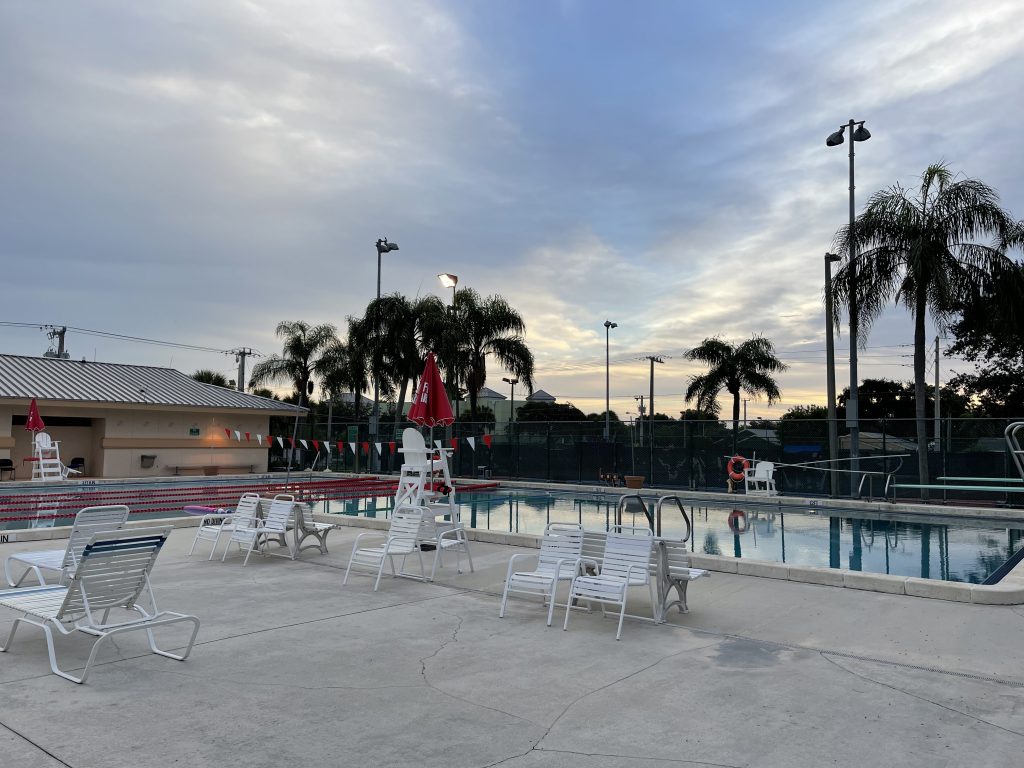
Act 2: From Poolside to Paradise
Welcome to “This is Kinda Awesome”
Congratulations, you’ve aced the pool tests! You’ve mastered all the necessary skils. Now, it’s time to take the plunge (literally this time) in open water. Imagine the crystal-clear visibility, the vibrant coral reefs teeming with life – pure underwater magic! Your open water adventure beings with dives 1 & 2 where you demonstrate a lot of the skills you mastered. Here in South Florida, we do a lot of our open water dives at the beautiful Blue Heron Bridge.
Don’t fret this section. As always, your instructor is right there with you to help you along. You’ve already done every skill you will demonstrate, it’s just a matter of doing it around fish.
Act 3: The Grand Finale (and the Beginning)
HOW DID I EVER LIVE WITHOUT THIS?
Dive 3 and 4 are where it all comes together. You’ll continue demonstrating your newfound skills. However you will spend more time on these dives exploring the underwater world. You will be demonstrating you newfound confidence, and begin to discover a passion that will stay with you for life.
Remember: Regardless of the learning format (e-learning or instructor-led), the “Bookwork and boring” to “Awesome” progression holds true. Don’t stress if the bookwork feels dry; the pool and open water dives will turn that frown upside down faster than a buoyant diver!
Congratulations, you’ve earned your scuba diving certification!
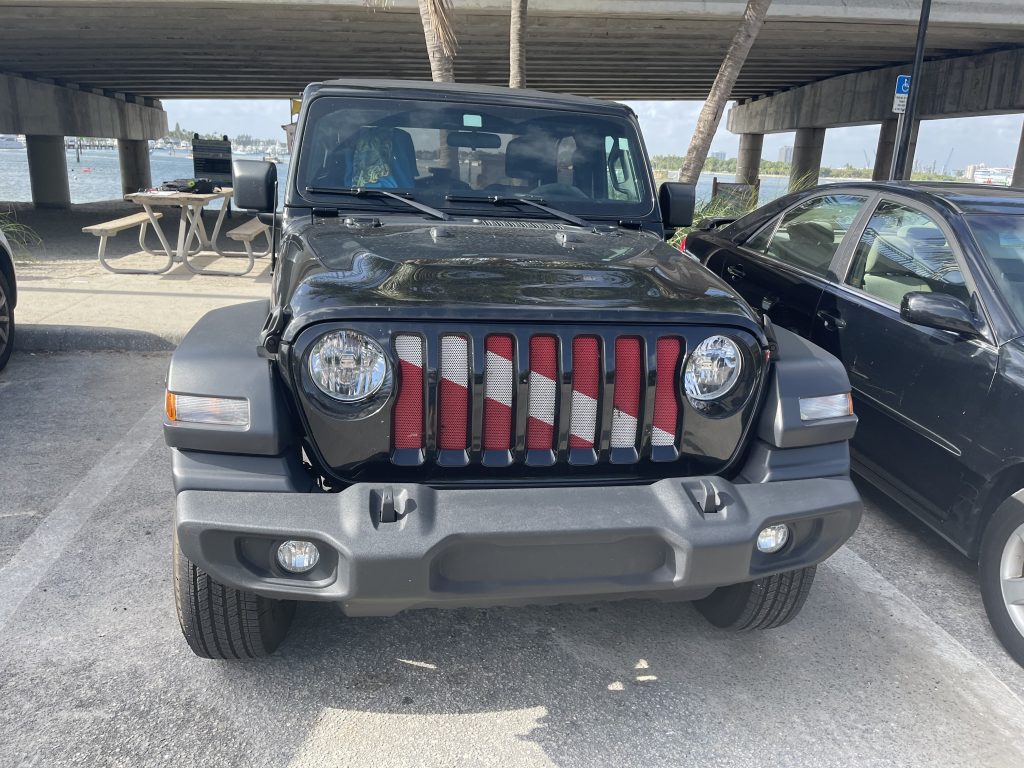
High fives and happy dances are in order, my friend and new dive buddy! You’ve conquered the pool depths, mastered the skills, and impressed your instructor. Boom! You’re officially a certified scuba diver. Time to celebrate this epic achievement with…well, another dive, obviously!
But hold onto your fins, because your certification unlocks a whole universe of underwater possibilities:
- Rent Gear: No more gear envy! Rent top-notch equipment whenever the dive bug bites.
- Rent Tanks: Snag some air (literally!) and fill those cylinders for underwater adventures.
- Secure a spot on a dive boat: Reserve your spot on the dive boat of your dreams and explore hidden underwater gems.
- Explore: Explore the world beneath the waves (Up to your comfort level or training, whichever you hit first.)
Wrap-Up
I will warn you, scuba diving is seriously addictive. Many divers are like me. We got mesmerized by the underwater world, and all of a suden we look around and find ourselves craving more.
Before you know it:
- Your log book will be full of pages of little plastic cards
- Your garage will be full of dive gear
- Your mind will be full of memories of great dives
So, buckle up for an incredible journey. Your certification is just the beginning. Get ready to explore, discover, and create memories that will last a lifetime (or several, because let’s be honest, once you start diving, it’s hard to stop!).


Join Our Mailing List For New Scuba Divers
If you like this tip for new scuba divers, join our mailing list. You’ll get a new tip delivered to your inbox each week. Learn to dive confidently!